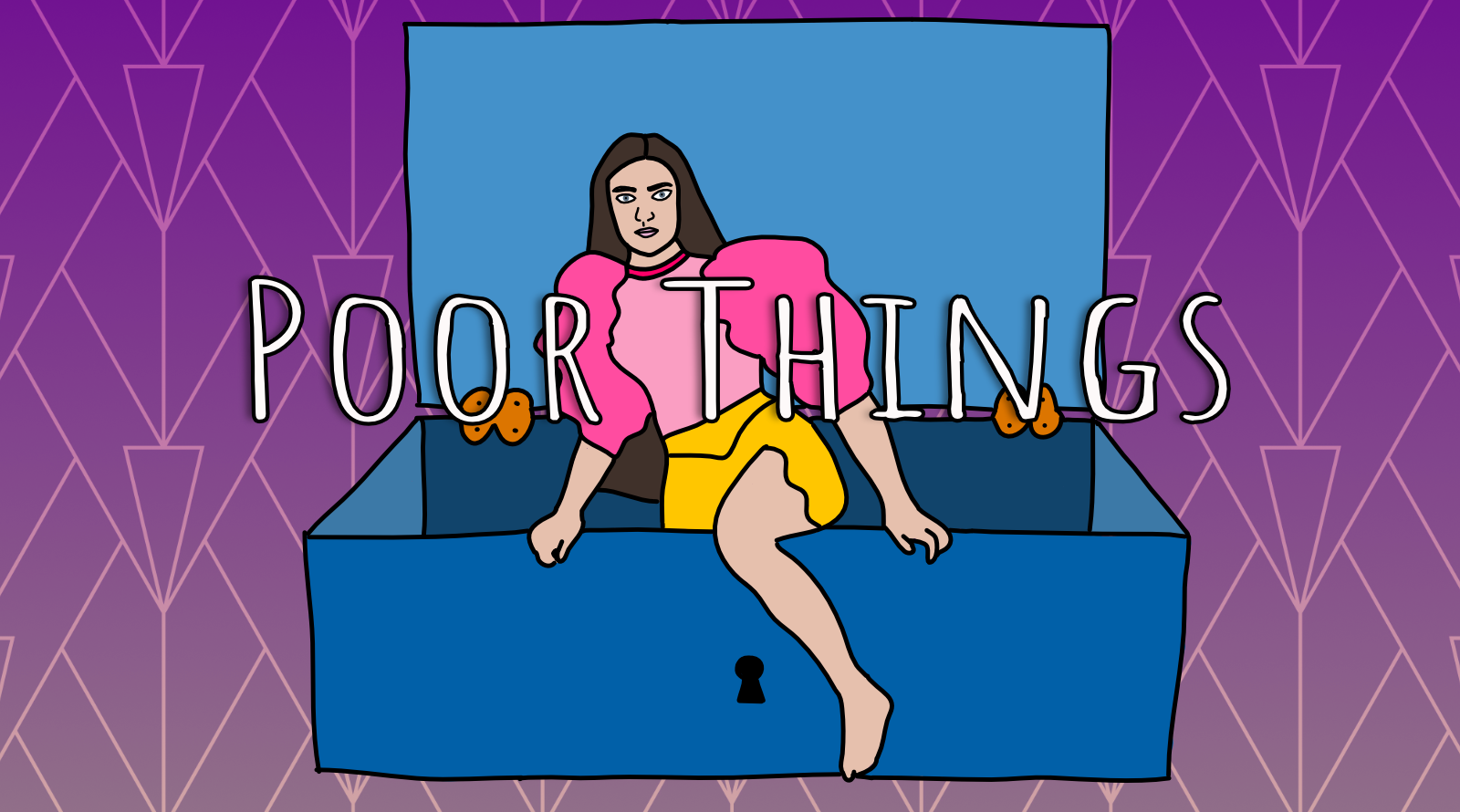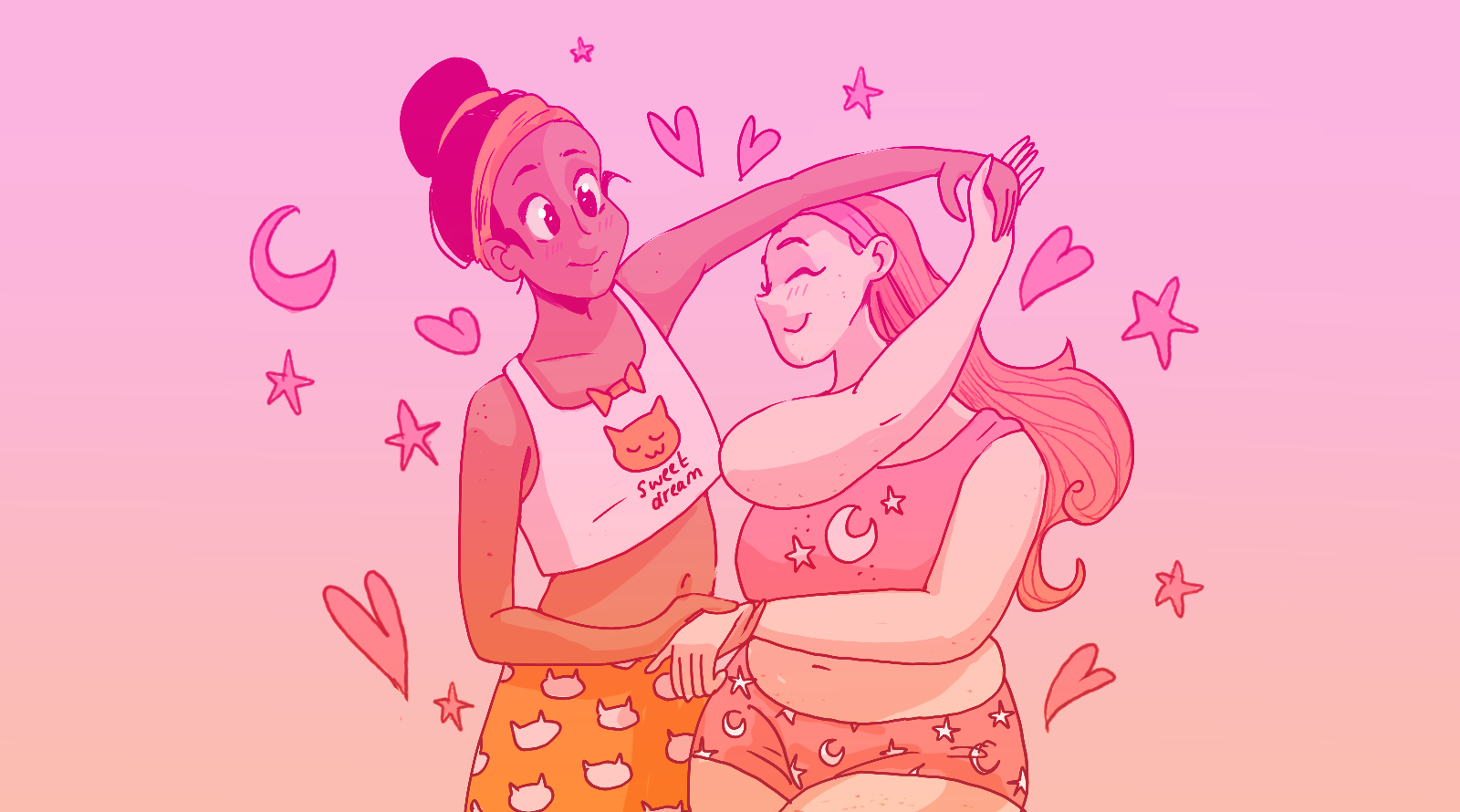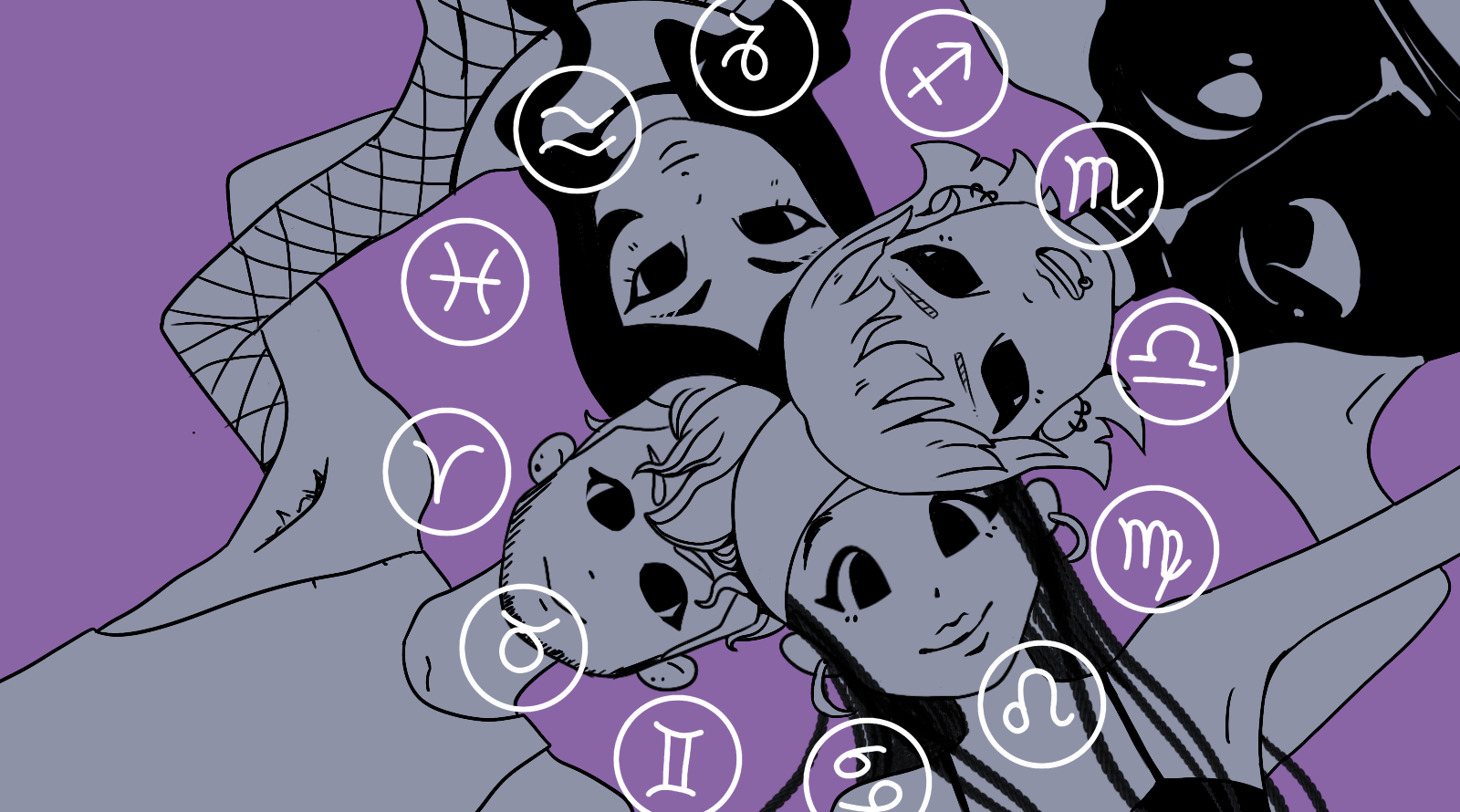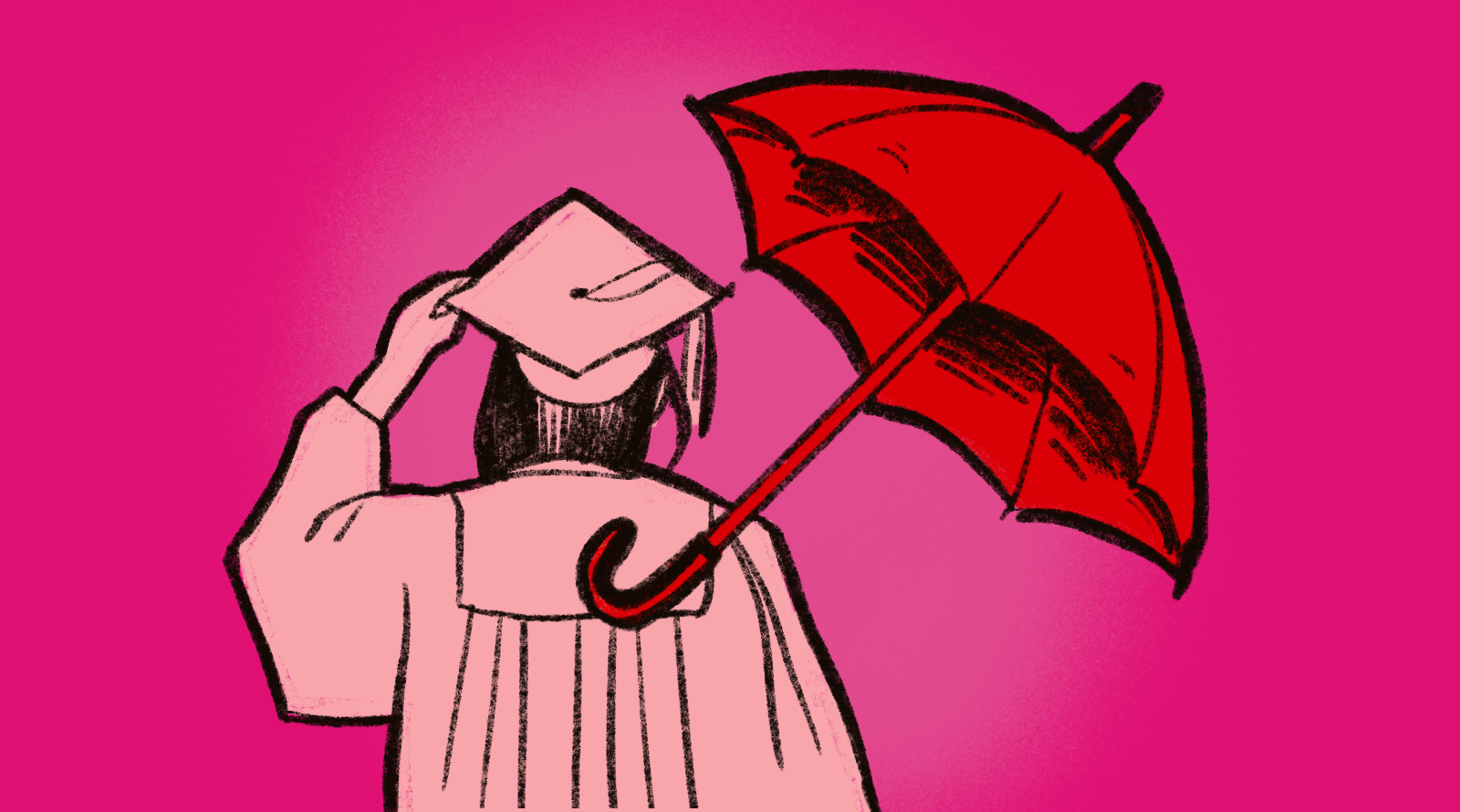A hero’s journey unfolds through sex, surrealism and those towering sleeves. It is a story about what a world might be like for a woman with absolutely no idea what the world expects of women.
Before we dive deep, I need to talk costumes.
Every costuming choice in this film reads as meticulously intentional and brilliantly curated. So many textures, colors, silhouettes and statements. Her outfits (and especially sleeves) visually narrate where she is on her path to enlightenment. They evolve from modest and infantilized to audacious and larger than life, echoing her growth. Just as shoulder pads in the 80's helped a female silhouette take up space and demand respect in the workplace, the sleeves in Poor Things assert Bella's refusal to conform or be shoved into any boxes.
Phallic costumes abound!
In a world that often tries to compress women into tiny, rigid molds of shame and expectation, Bella and her sleeves defy this norm, occupying space unapologetically. She epitomizes freedom, dictating her own terms in attire, pleasure, sustenance, and expression, unchained by guilt or societal impositions.
Spoilers ahead - Beware!
The first half was TEDIOUS. It felt laborious, lacking direction. It vaguely echoed the jarringness of Bunuel's “Un Chien Andalou”, but too clumsily, and watered down. I began to daydream that I might, from thin air, manifest a vial of ketamine to make the movie more watchable. Just as I was ready to give up and sneak into something else in the theater, the plot picked up pace and I was reeled back in.
Dr. God, (Willem Defoe) a well meaning but unhinged surgeon, resurrects a woman’s corpse (Emma Stone), naming her Bella. Her rapid neurological evolution is witnessed in the confines of a secluded castle, shared by Dr. God and his aide, Max (Ramy Youssef). She is not permitted to leave the grounds.
She quickly discovers the joys of masturbation – first with an apple? (still unclear on how that works but inquiring minds do want to know…) Soon followed by a cucumber, and shortly after by an unscrupulous lawyer (Mark Ruffalo, as Duncan Wedderburn) who is particularly enthralled by her naivete and lack of boundaries. They run off to Lisbon together and fuck like rabbits. He quickly shows his fickle, fuck boy nature. A post-coital confession: “Don’t fall in love with me, I’m no good, just fun”. In response, she states she’d like to have sex again, and when he cannot perform so quickly again, she asks whether it’s a personal design flaw or it affects all men. Savage.
Weddeburn grows more obsessed with controlling her as she grows to realize how much of a petulant child he is. He surprises her with the “gift” of smuggling her onto a cruise ship where she cannot leave and is fully dependent on him. From one paternalistic palatial prison to another.
In her attempts at distancing from Weddeburn on the ship, she befriends a cynic named Harry, who seems to take her under his wing. They debate philosophy – Bella posits all beings are inherently good and motivated toward improvement. He says humans are inherently cruel and sadistic.
To show her the “truth” of humanity, he takes her ashore to see a beach of impoverished dead and starving children. He pretends as if he wants to help Bella understand the world but he truly seeks to destroy a part of her. He even admits he wanted to make her feel pain, he couldn’t stand to see such dumb happiness.
At a point in the story, Bella, still with Weddeburn, though dispiritedly, finds herself and her lover broke and homeless in a Paris winter. She happens upon a whorehouse, assuming it to be a hotel. The madam asks if she is looking for work. Bella says, “I’ve only had sex with one man and wondered about it with others, and I need money – this feels like fate.” The madam tells her, “If you need money, this is the shortest route to it”
I really wish that were still true in a post FOSTA/SESTA America, but I digress!
Her first trick: a 3 pump chump, cums and goes. She giggles at the ease and silliness of it all and treats herself to eclairs. She returns to Weddeburn to tell of her new business plan. He calls her a monster and a whore, as if whoring is the worst thing a woman can do. It’s ok for him to sexualize her and benefit from her wanton attitude toward sex, as long as he was the only man it benefitted. She can be a whore, but only his whore.
Ironically she claims it makes her more fond of him and appreciative of his sexual prowess. She asks, if he constantly opines about her beauty, how now is she suddenly undesirable because of this one transaction?
He leaves in a jealous rage, she returns to the whorehouse.
Bella understands this is a sensible path for herself, and allows her much more leisure time to study the world and further her growth. Seeing sex work presented this way, as told through the eyes of someone completely unaware of societal stigma and sexual mores, gives visibility to why many of us choose the industry. Bella rationalizes out loud: she needs both sex and money; a relationship with a man would achieve this but, as it has already proven with Mr. Weddeburn, that is laborious and exhausting work. Why not instead get her needs met in twenty minute increments? Sex work isn’t presented as her last resort, it’s her logical conclusion: two birds, one stone, baby.
During her time in the brothel, Bella and the Madam share a heartfelt conversation. Bella asks why the women cannot choose which customers they see, how much more enjoyable it would be for both parties if it was mutually desirable. She explains to Bella that it would be a terrible business plan; this work is hard, brutal, and sometimes unpleasant… but so is life. “And some men enjoy that you do not like it”.
Her tenure at the brothel leaves her much free time to pursue her path of self betterment and learning. She starts going to med school, develops a sweet romance with another brothel worker, Toinette, with whom she also starts attending socialist meetings. Sex work bingo card: ✅ Eventually she retires, touting it as an interesting time but she’s ready to move on and wants to pursue a career in medicine. She doesn’t talk about her work with shame or regret, just plainly as a job.
Interior stills from the whorehouse. Can we please talk about these giant phallus windows? More drool worthy set design photos here.
Nearly every male character in the film tries to control Bella. Dr. God keeps her locked in his castle, dehumanized, with little outside contact. Weddeburn, who helps Bella escape Dr. God’s prison, shows her the world and teaches her about the pleasures of life – only until she can speak for herself. He didn’t want to free her – his paternalistic desire wasn’t for guidance, but possession. Later, an encounter with a man from her past, who says he can save her from her sexual addictions – by grotesquely removing her clitoris. He refers to her as his territory, for he is a conqueror and she is his conquest. He seeks to steal her joy; not unlike Harry, the cynic from the cruise who had to shatter her faith in humanity because her optimism angered him.
Each of these men she interacts with claim to be doing what they do out of love and care. But, it never is, it’s always about subjugation and power. I suppose some men enjoy that you do not like it.
The film has a happy ending, one I won’t spoil but Bella’s hero's journey ends with triumph and a very satisfying touch of retribution.
Though I wasn’t fond of the beginning, overall, it’s a provocative and striking film that delves into identity, gender, and questioning societal norms without watering down its content or fitting into any genre expectations. A heartening work for a world that hates women, whores, and sex for pleasure. Though after two viewings I’m certain I never need to see it again, I do think this movie is worth a watch and best viewed on the big screen, so catch it in theaters if you can.
Are you a sex worker with a story, opinion, news, or tips to share? We'd love to hear from you!
We started the tryst.link sex worker blog to help amplify those who aren't handed the mic and bring attention to the issues ya'll care about the most. Got a tale to tell? 👇☂️✨





